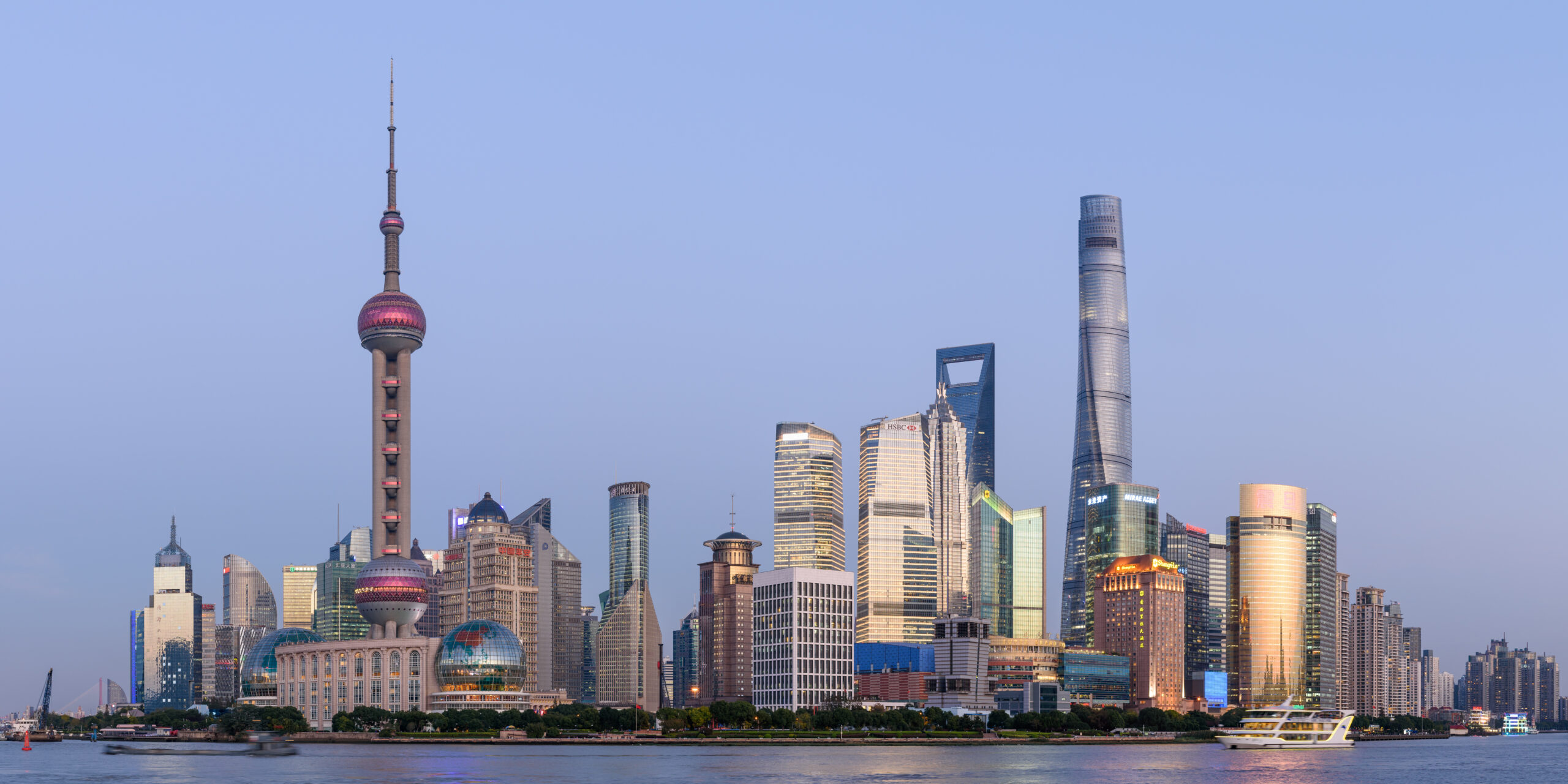China’s Role in the Global Economy

China stands tall as the world’s second-largest economy, acting as a powerhouse propelling global growth. This Asian giant’s influence is felt across various sectors, from trade to manufacturing, and even in international investment. It’s akin to a massive engine that the world relies on to keep moving forward. When China thrives, many other countries benefit from the ripple effects of its economic activities. The nation’s robust manufacturing capabilities and vast consumer market make it a vital cog in the global economic machine. However, like any powerful engine, a slowdown in China’s economy can send shockwaves throughout the world, affecting everything from stock markets to commodity prices.
Impact on Global Trade
The slowdown of China’s economy sends tremors through global trade, particularly impacting nations that supply it with raw materials. Countries such as Australia, Brazil, and Russia, which export significant amounts of iron ore, coal, and oil, may feel the pinch more than others. It’s like a domino effect; when China’s industrial demand diminishes, these countries see reduced income from exports. This can lead to economic challenges, forcing them to reassess their trade strategies and look for alternative markets. As China’s appetite for raw materials wanes, global trade patterns could shift, affecting not only these resource-rich nations but also the broader international market landscape.
Supply Chain Disruptions
Many global supply chains have a deep-rooted dependency on Chinese manufacturing. When China sneezes, the rest of the world catches a cold, as the saying goes. A slowdown in China’s production capabilities can lead to significant disruptions, causing delays and escalating production costs for companies worldwide. Imagine a well-oiled machine suddenly losing a critical component; operations stall and efficiency drops. Businesses may face supply shortages and be forced to seek alternative manufacturing partners, which can be both costly and time-consuming. This ripple effect can strain relationships and challenge companies to innovate to ensure their supply chains remain robust and adaptable.
Pressure on Emerging Markets
Emerging economies often lean heavily on Chinese investment and demand for commodities. When China experiences an economic slowdown, these countries may find themselves in a precarious position, facing reduced demand and financial strain. It’s akin to a supporting pillar suddenly being weakened, threatening the stability of entire structures. Regions like Africa and Southeast Asia, which have seen significant Chinese investment, may struggle to maintain their growth trajectories. This economic pressure could lead to slower development, necessitating new strategies to attract investment and sustain economic momentum in the face of China’s shifting economic landscape.
Impact on Global Inflation
China’s reduced demand for commodities can lead to a decrease in global prices for oil, metals, and other essential goods. This phenomenon may help ease inflationary pressures in other countries, offering a silver lining amidst the slowdown. Think of it like a pressure valve releasing tension in a system that’s been under strain. As commodity prices stabilize or even decline, countries facing inflation challenges may find some relief. This could provide an opportunity for central banks to adjust their monetary policies and focus on fostering economic growth without the looming threat of runaway inflation.
Currency and Financial Markets
A slowdown in China’s economic engine can lead to fluctuations in the value of the Chinese yuan. These currency shifts can ripple through global financial markets, affecting investor confidence and market stability. It’s like a stone thrown into a pond, creating waves that reach far beyond the initial impact zone. As the yuan fluctuates, other currencies may experience volatility, impacting international trade and investment. Global financial markets may see increased uncertainty, prompting investors to reassess their portfolios and consider the broader implications of China’s economic changes.
Impact on Multinational Corporations
Multinational corporations with significant exposure to the Chinese market, such as Apple, Tesla, and luxury brands like Louis Vuitton, may face challenges in navigating the economic slowdown. These companies could experience reduced sales and slower revenue growth as Chinese consumers tighten their belts. It’s similar to a thriving garden suddenly facing a drought; growth slows, and careful management becomes crucial. Companies may need to adapt their strategies, focusing on expanding into other markets or innovating their product offerings to maintain profitability and shareholder confidence during this challenging period.
Geopolitical Implications
Economic challenges in China may prompt the country to redirect its focus towards domestic issues, potentially altering its approach to international trade and diplomacy. This shift could have significant ripple effects on global geopolitics, as other nations react to China’s changing stance. It’s like a chessboard where one player’s move forces others to reconsider their strategies. As China reassesses its priorities, other countries may need to adjust their diplomatic and economic relationships, potentially reshaping global alliances and trade agreements in the process.
Shift in Global Economic Leadership
China’s economic slowdown could accelerate shifts in global economic power, with countries like India emerging as alternative growth engines. This transition could lead to a rebalancing of global economic dynamics, offering new opportunities for countries and businesses alike. Imagine a relay race where the baton is passed to a new runner, breathing fresh energy into the competition. As China recalibrates its economic strategies, other nations may seize the opportunity to bolster their own growth, fostering a more diverse and resilient global economy.
Opportunities for Diversification
China’s slowdown presents an opportunity for countries and companies to diversify their supply chains and reduce reliance on a single market. This shift could benefit other manufacturing hubs like Vietnam, Mexico, and India, as businesses seek to mitigate risks and build more resilient operations. It’s akin to planting seeds in multiple gardens to ensure a bountiful harvest, regardless of weather conditions. By diversifying their supply chains, companies can enhance their adaptability and safeguard against future disruptions, ultimately contributing to a more balanced and interconnected global economy.



